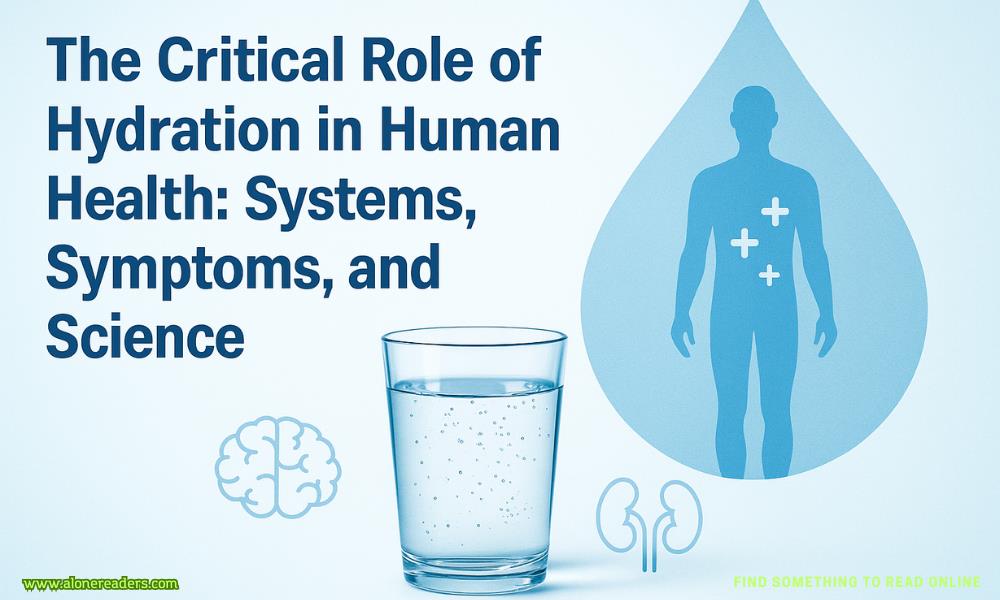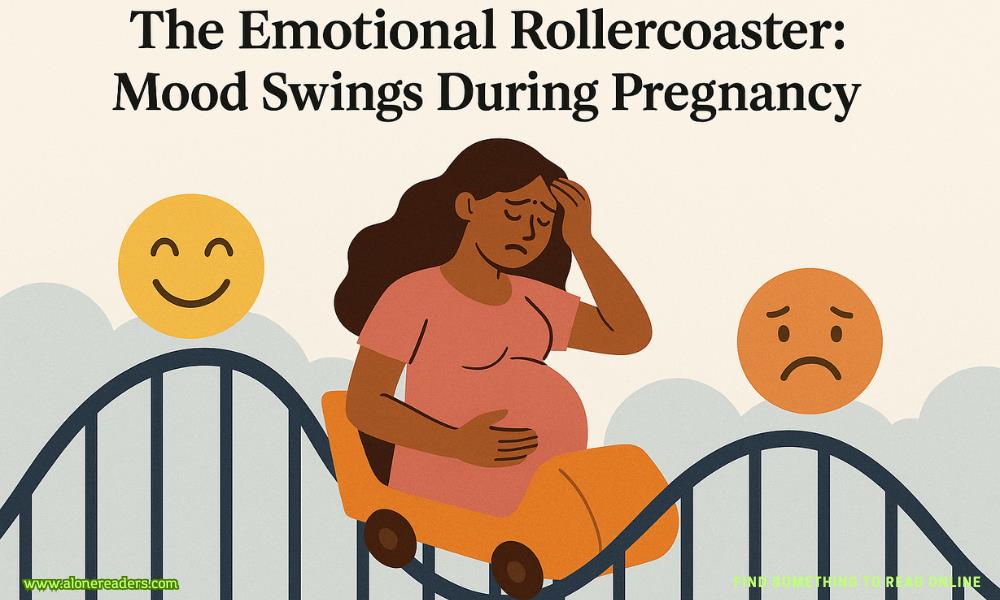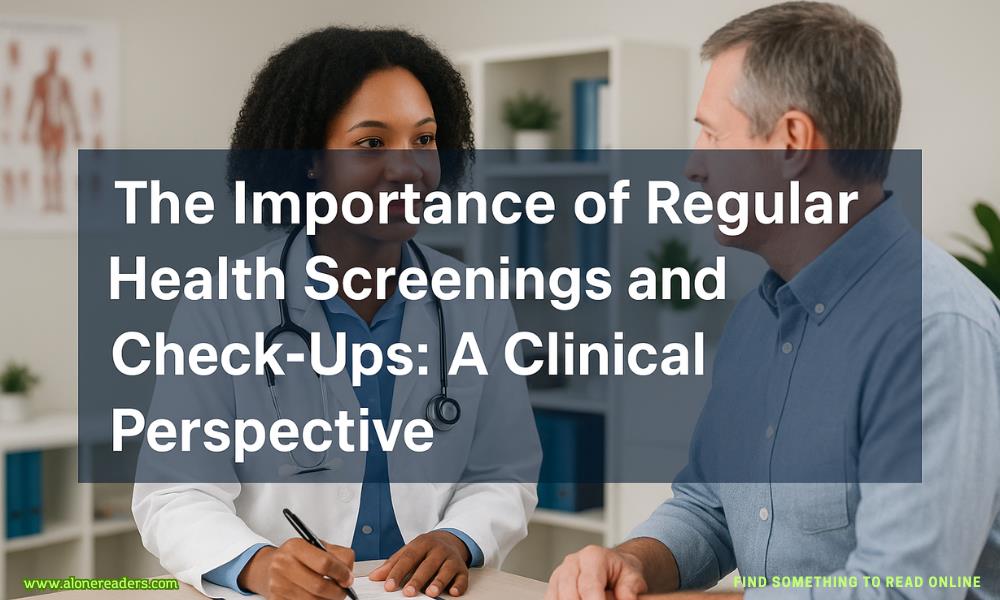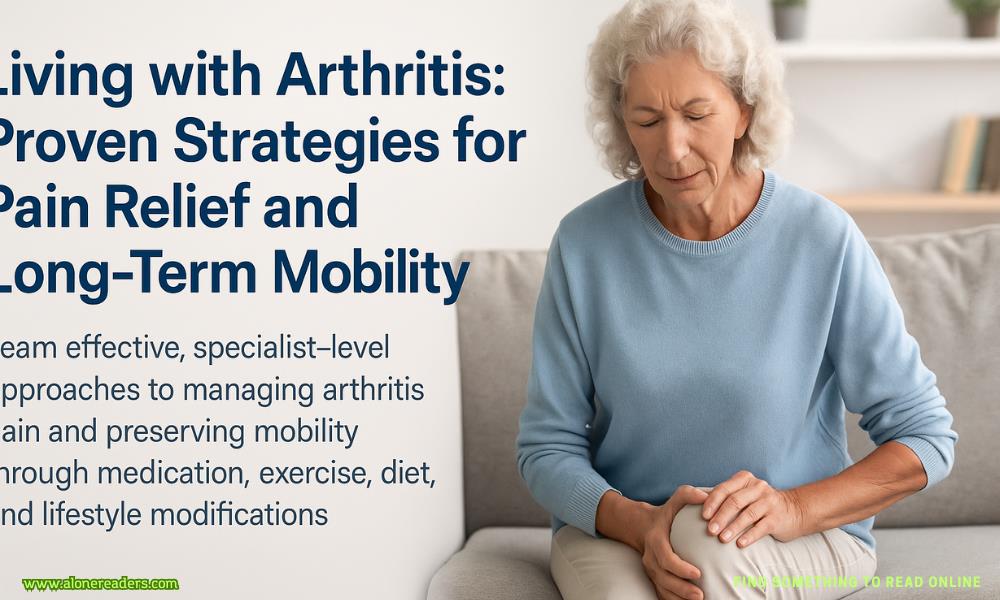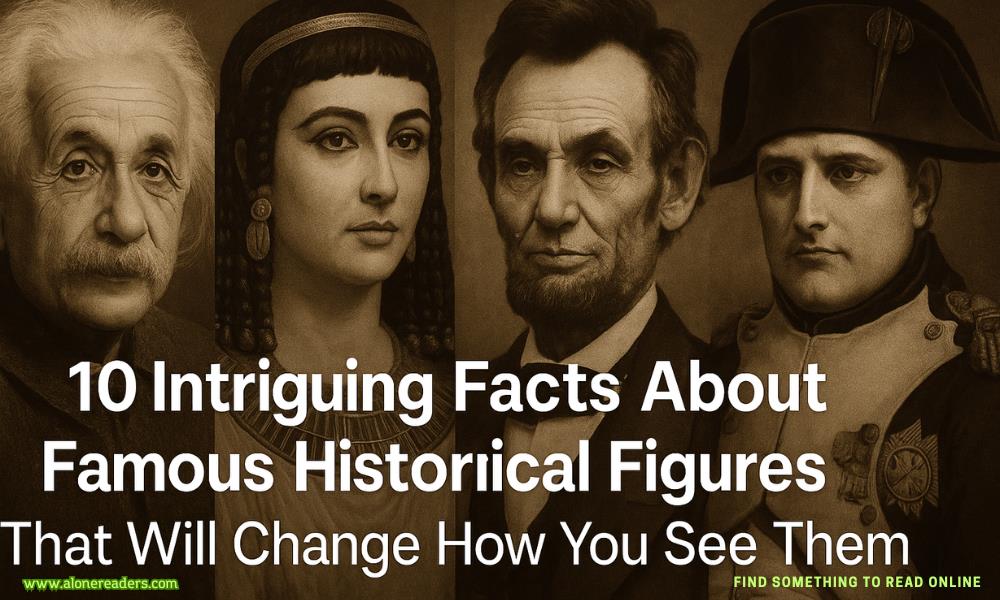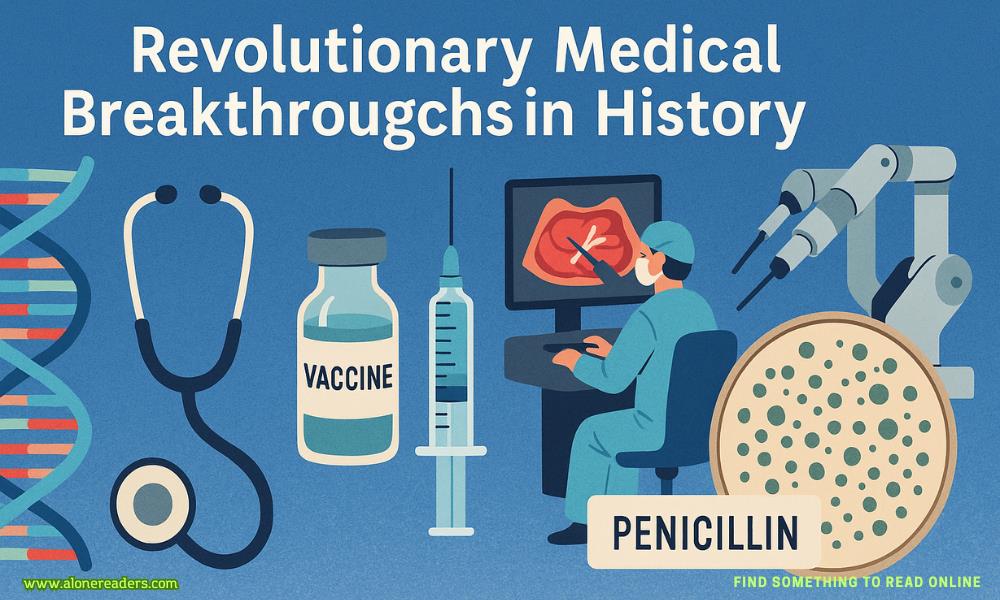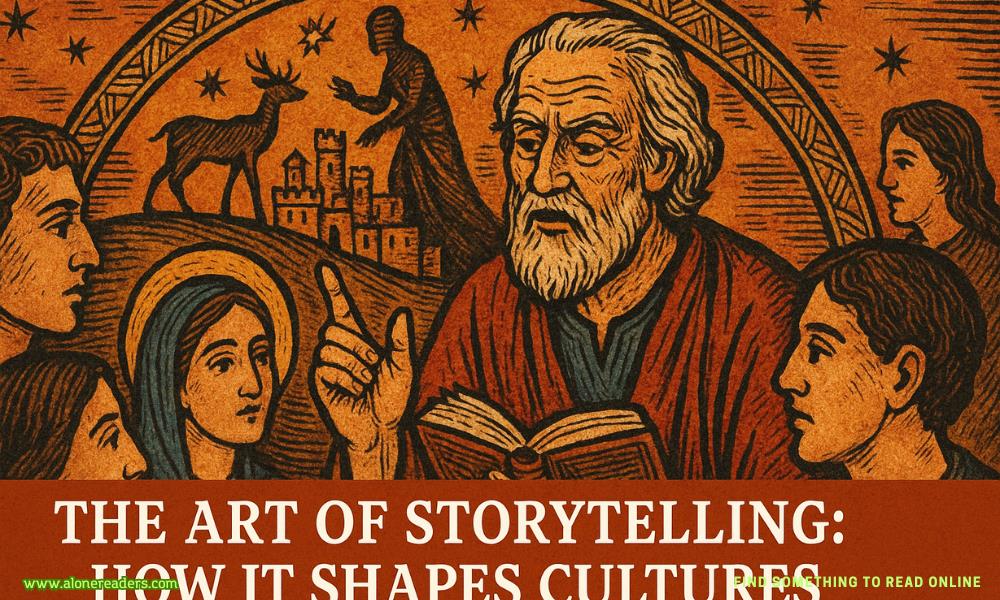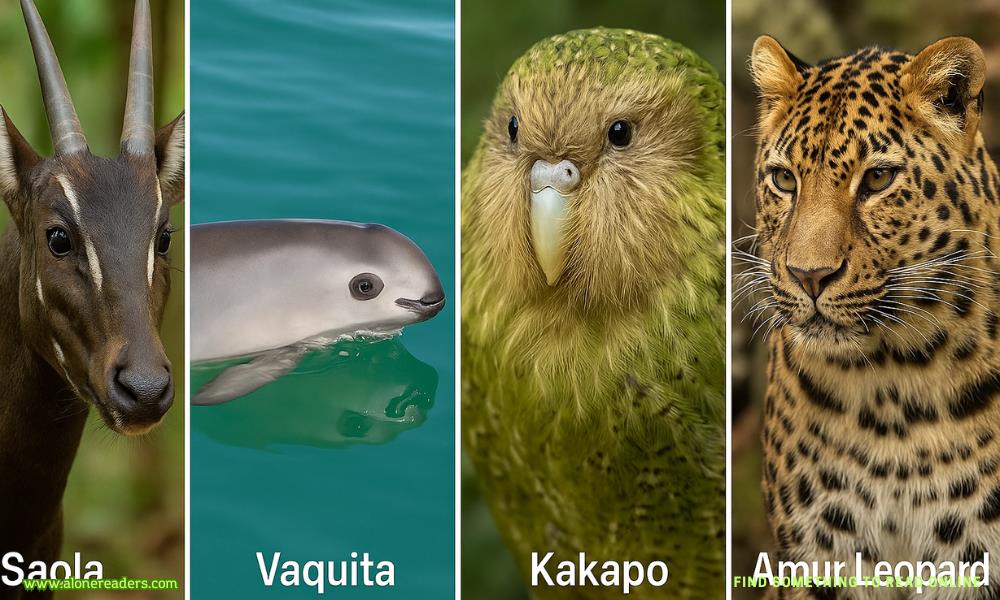Page 9 of Songs of Summer
Once I had a heart, it was good as new.
I gave this heart from me to you.
Take care of it, like I have done.
’Cause you have two now, and I have none.
Her baby girl had already got ahold of her heart, and soon she would disappear with it. Bea thought some more about changing her mind, about keeping her, and gingerly brought it up when her mother entered the room.
“Do you want to hold her, Mommy?”
Her mother reached her hands under the baby’s bottom and scooped up the tiny pink package. Holding the infant in front of her like a football, Caroline Silver stared from her granddaughter’s lavender eyes to her daughter’s brown ones.
“Does she look like me, you know, when I was born?” Bea asked.
“A little, I think.”
“Too bad we can’t keep her,” Bea mumbled, passively challenging the plan, waiting to gauge her mother’s reaction. As was typical of her mother’s British upbringing, she remained unemotional and reserved. If her father were there, he may have been halfway out the door with the baby by now. Maybe she had confided in the wrong parent.
But when the social worker came in a few minutes later, Bea signed the papers like she had agreed to, without a word to the contrary.
It was only when she was back in the city, with post-partum hormones fueling her pain and regret, that she truly confronted her feelings.
“You did what was right by her; you were a good mother,” Caroline insisted, wiping away Bea’s tears. “There will be other babies, Beatrix, and they’ll be born under far better circumstances. I’m sure of it.”
But Beatrix never had another baby. And the song that she sang in the hospital, the one her grandmother had sung to her growing up, became their song.
Bea would look up at the night sky, wherever she was, picture her baby girl looking up at the same moon, and sing.
I see the moon, and the moon sees me,
The moon sees somebody I want to see.
God bless the moon, and God bless me.
And God bless the somebody I want to see.
Years later, when she was feeling particularly worried about her future or reflective about her past, Bea asked her mother about the specifics of the adoption.
“Why didn’t you put down our home address?” Bea asked tearfully. “Then she could have found me.”
“It was a closed adoption, honey. She’s not finding you.”
Beatrix cried some more, and her mother softened.
“It was the best decision at the time. You were a child yourself.Mychild. I was looking out for you. And for the baby.”
The decision, seemingly the only logical one at the time, affected everything that came after, starting with the fact that Bea never lived outside of Gambier again.
Whenever she took day trips to other quaint Ohio towns or cities, Bea would look for her daughter. She was convinced that she would recognize her in an instant. Once, at the Rock and Roll Hall of Fame in Cleveland, a group came in on a field trip from a local middle school. “How old are you?” Bea had asked, inappropriately accosting a girl from the group in the bathroom. She was twelve, the same age that her baby would be. She trailed behind the group for the rest of the day, searching their faces for one that resembled her own.
The year her baby was to turn seventeen, Bea began eating her lunch on a bench on Middle Path so that she could watch the tour groups stroll through campus, studying them for some hint of recognition. The year her daughter would be starting college, Bea fantasized she would be in the incoming class at Kenyon, once again studying the faces of every girl in her lecture hall.
She went through all the steps one can take to find a child. While the agency was long gone, she registered at the Ohio Adoption Subsidies and Children and Family Services and checked back with them regularly.
And that’s how it went for years until 2007, when a private company in San Francisco began offering autosomal DNA testing for ancestry and genealogical tracing. Beatrix didn’t think twice before ordering her kit, spitting into the enclosed vial until her mouth went dry, and sending it back, hoping beyond hope it would be the answer to her prayers.
In the end, she got the opposite result. Unlike her husband, a fellow academic, whose Asian heritage meant that hebarely turned up a single connection on the service, Bea was abounding in family. Being a quarter Ashkenazi Jew and a quarter Sephardic, she discovered she had sixteen hundred known relatives. She found second cousins in Israel, a few more relatives from her mom’s side in England, and was duly surprised that a girl she’d graduated college with turned out to be a distant cousin. But 23andMe never came up with a match for a child, and though she checked back often, by 2014, when her daughter would have been an adult, she had to admit to herself that if her child knew she was adopted, she clearly didn’t want to be found.




